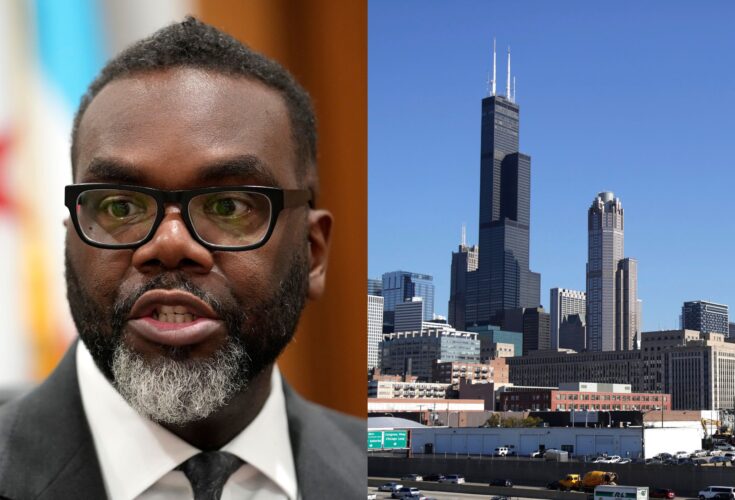The city of Chicago is attempting to rescue its failing downtown real estate by propping it up with government subsidies. While he ran on a left-of-center platform that aimed to target businesses with high taxes and empower labor unions, Mayor Brandon Johnson has since changed his tune. Since assuming office last year, Johnson appointed real estate executive Ciere Boatright to head of the Department of Planning and Development, and has unleashed state funds to preserve the city’s downtown commercial office buildings.
Legal partner at Croke Fairchild Duarte & Beres David Reifman, an expert on recent Chicago history (having served in the cabinet of former mayor Rahm Emanuel as the commissioner of planning and development), said Johnson “does not want to be the mayor who loses downtown.” To achieve this, Johnson has allocated $1.25 billion to a bond insurance program for affordable housing and economic development, a move lauded by the city’s business community.
Learn the benefits of becoming a Valuetainment Member and subscribe today!
San Francisco Mayor London Breed is pursuing a similar program of arranging tax credits and cutting red tape around construction that will engender housing and business development.
But Chicago is by far doing the most to subsidize programs that will systematically renovate offices into apartment complexes and even hotels, regardless of whether its budget really allows for it.
Chicago has been suffering from winnowing demand, high interest rates, and refinancing challenges. Adding insult to injury, large corporations like Boeing and Citadel have relocated their headquarters to different cities, causing Chicago commercial real estate to drop further.
As Valuetainment previously reported, Texas office buildings are experiencing greater vacancy than New York or San Francisco. In the third quarter of 2023, about 25 percent of the three Texas cities’ office spaces were not leased, while San Francisco rested at 17 percent and New York all the way down at 12 percent. Texan real estate developers built too many office buildings, due to low taxes in the ‘80s and a building rush in the ‘90s, as its real estate demise began before the COVID-19 pandemic.
But Chicago is the US city suffering the most in this regard. Three-fourths of its commercial mortgages that had been converted into securities are in default or at risk. Research firm KBRA Analytics says this is the highest amount in the nation. Its office vacancy rate climbed from 11.9 percent in early 2020 to 16.3 percent, higher than the national average of 13.8 percent, according to CoStar Group (see the graph above).
“There are fewer landlords competing for tenants because so many buildings are in this zombie state,” said major Chicago developer Michael Reschke. Some Chicago commercial buildings were sold recently for less than 25 percent of what they were a few years ago.
 Shane Devine is a writer covering politics and business for VT and a regular guest on The Unusual Suspects. Follow Shane’s work here.
Shane Devine is a writer covering politics and business for VT and a regular guest on The Unusual Suspects. Follow Shane’s work here.



















Add comment